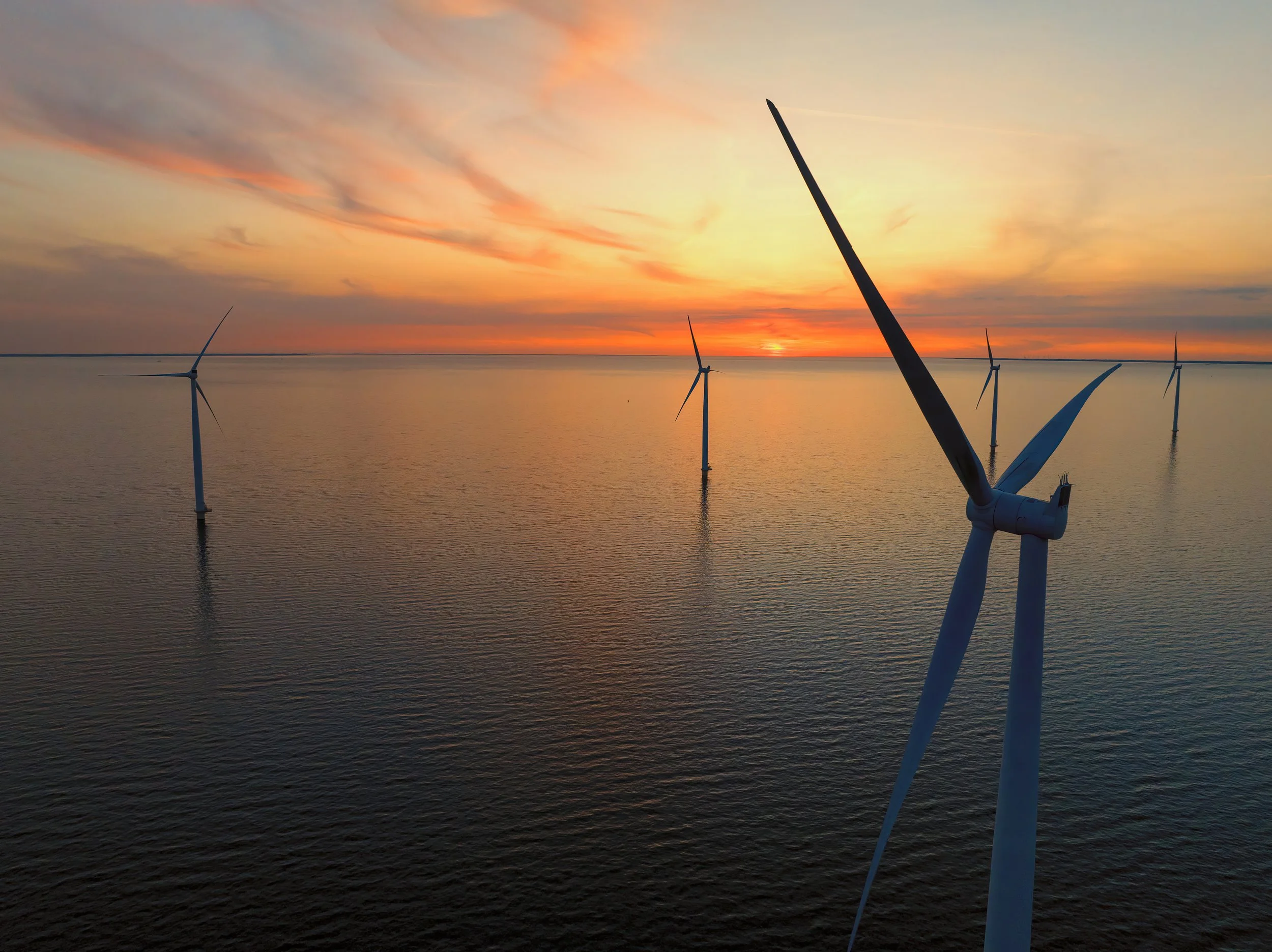Policy & Research
Policy
EIES’ research and policy programme develops actionable recommendations for EU and national policymakers, industry, financial institutions and defence leaders to improve energy infrastructure and supply chain security, as well as strengthen Europe’s industrial and technological base.
EIES’ policy work builds on its risk-based security framework and criteria for strategic technologies to prioritise investments in Europe that contribute most directly to Europe’s long-term prosperity and resilience.
-
Control over critical raw material (CRM) supply chains – or lack thereof – directly impacts Europe's energy independence and technological leadership. 60 to 95% of the EU’s CRM and rare earth elements, used across defence, energy, and strategic technology sectors, come from China, creating severe vulnerabilities for European industries.
EIES calls for
Investing in European minerals and metals extraction, processing, and recycling projects;
Developing concrete global alliances, mechanisms and third-country projects that support secure allied supply chains.
-
Europe must strengthen its industrial and technological capacity to mitigate security threats in the context of increased global geopolitical risks. Strategic technological areas should be prioritised to enable European companies to compete globally while strengthening strategic autonomy. This requires fostering innovation, enabling private investments in manufacturing, and creating regulatory frameworks that enhance global competitiveness and protect against current and emerging risks.
Maintaining an advanced industrial base is crucial for innovation and for reducing reliance on adversarial states like China, which produces 70–90% of the world’s battery components and around 90% of the world’s solar panels.
EIES calls for
Prioritising and fast-tracking the manufacturing of strategic materials, technologies and components that deliver economic prosperity and security;
Promoting industrial cooperation and complementarity across Europe and global partners.
-
Physical, cyber and hybrid attacks on Europe’s energy infrastructure threaten to destabilise Europe’s energy system. Modernising, hardening, and expanding energy infrastructure is essential to expedite the secure transmission of cheaper, domestically produced energy, and reduce Europe’s costly dependence on imported fuels.
EIES calls for
Accelerating the deployment and upgrade of resilient energy generation and transportation infrastructure, particularly pan-European projects and through electrification;
Promoting intergovernmental, NATO-EU, and public-private cooperation in the face of growing physical, cyber, and technology risks.
-
As a mostly fossil fuel-poor continent, Europe must diversify energy inputs and forge strong partnerships to ensure its energy security. Energy diplomacy and trade with like-minded countries are key to securing critical resources, advancing Europe's influence, and upholding high standards across supply chains.
EIES calls for
Strengthening trade cooperation, energy and supply chain security with G7 members and other like-minded partners;
Focusing the Global Gateway and Mineral Security Partnership on concrete energy and infrastructure projects that deliver benefits to host countries and Europe alike.
EIES recruits experts to support our research on a rolling basis.
Use the link below to get in touch with our policy team.


















